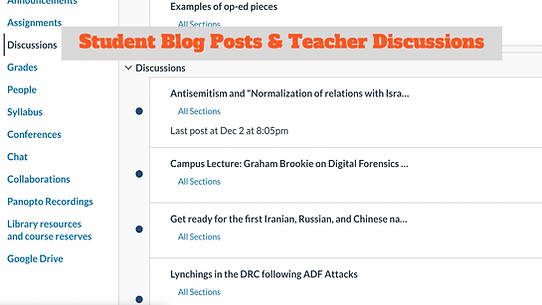Education, Art, and Technology
Design Challenge
Professor Mike Barnett, who is in charge of the Smart Greenhouse project, faced several issues which prevented the project from becoming more popular and useful. So, he hoped we could propose several ideas to solve their pain points. By doing so, he presented to us the progress and details of this project. We listed down their design challenges and each group took one from them to address.
Interview
Through interviewing 5 teachers who used this project in class, we came up with the user persona:
And we gained some insights of our targeted users:


❖ When having problems, Danielle needs to spend 4 hours teaching herself.
❖ Danielle has to reteach students who are absent on her own free time which slows class down.
❖ Response time is long for teacher issues.
❖ Teachers are willing to work together because different teachers have different epistemologies that they have developed.
From stakeholders:

Goal
Through interviews and their project materials, we formed our goal:
To provide a way for teachers and students to solve problems independently without having to consult with the original team.
Brainstorm
Step 1: Using storyboard to map out the user journey, found out pain points during this process.

Step 2: Brainstormed different ideas, and selected three most prominent ones among them.

Final Design
Promote independent learning for students by watching interactive videos and doing activities/discussion on the class page.


Teachers can use this platform to:
- Share their epistemology with other teachers across the world
- Propose solutions and comment on each other’s questions
- Gamify teaching process, such as hosting class competition
